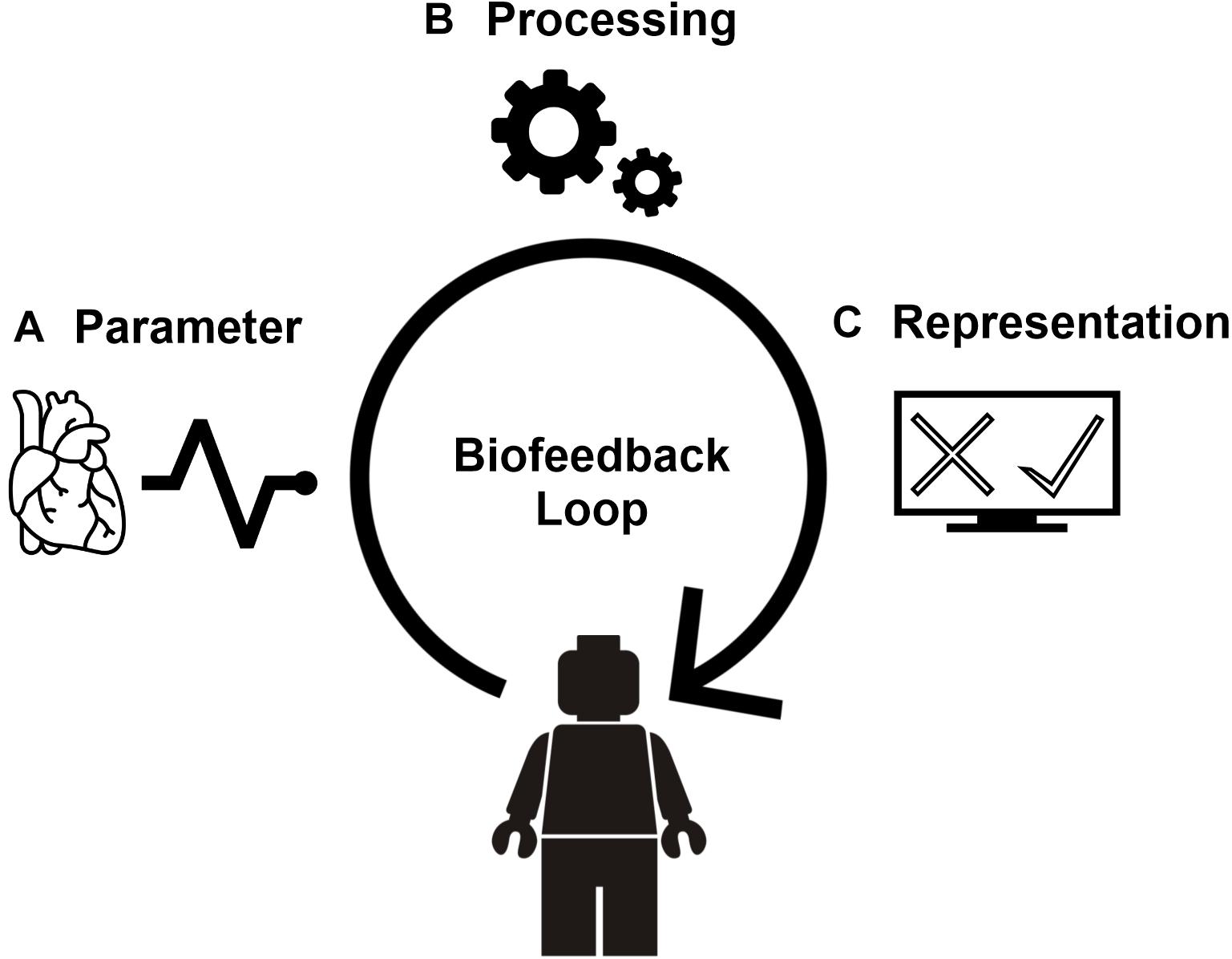Exploring How Slumber Ailments Disrupt Neural Oscillation Activity as well as Affect Cognitive Performance
Exploring How Slumber Ailments Disrupt Neural Oscillation Activity as well as Affect Cognitive Performance
Blog Article
Slumber is an crucial part of our everyday lives, allowing our bodies and minds to rest and rejuvenate. However, many people suffer from sleep disorders, which can considerably disturb slumber patterns. These disorders can result to multiple issues, including changes in brainwave activity. Brainwaves are electrical signals in the brain that reflect our mental state and activity. When sleep is disturbed, the typical patterns of neural waves can be impacted, leading to problems with mental function, such as recall, attention, and judgment.
There are various types of slumber disorders, including sleeplessness, sleep apnea, and restless leg syndrome. Sleeplessness is characterized by trouble going or remaining asleep, while slumber apnea involves interruptions in respiration during slumber. Unsettled leg syndrome causes discomforting sensations in the legs, resulting to an irresistible desire to move them. Each of these disorders can disturb the normal slumber cycle, which consists of various stages, including shallow sleep, profound sleep, and REM (rapid eye movement) sleep. Each stage plays a crucial role in maintaining overall cognitive health and performance.
When sleep disorders disturb with these stages, neural wave activity can become irregular. For instance, during deep sleep, the brain produces slow delta waves, which are essential for bodily restoration and recall consolidation. If a individual undergoes repeated awakenings or does not reach profound sleep, the production of these delta waves is reduced. This can result to challenges in acquiring new information and retaining memories. Additionally, REM sleep, which is associated with fantasizing and emotional processing, is also impacted. Disruptions in REM sleep can lead to problems with affective regulation and creativity.
The effect of sleep disorders on cognitive function is substantial. Research has demonstrated that individuals with slumber disorders often experience challenges with attention and concentration. This can influence their capability at school or work, making it challenging to complete tasks or participate in discussions. Furthermore, long-term sleep deprivation can lead to emotional changes, heightened stress, and even anxiety or depression. These mental and emotional challenges can create a brain mapping for sleep onset latency cycle, where inadequate sleep results to cognitive difficulties, which in turn can result to more sleep problems.
Addressing slumber disorders is crucial for improving neural wave activity and mental function. Treatment options may include habitual changes, such as creating a regular sleep schedule, creating a cozy slumber environment, and practicing relaxation techniques. In some cases, medical intervention may be required, such as employing a CPAP machine for sleep apnea or medication for insomnia. By valuing slumber and pursuing appropriate treatment, individuals can improve their overall mental abilities and improve their quality of life. Comprehending the connection between slumber disorders, neural wave activity, and cognitive function is an important step toward improved health and wellness.